The Supreme Court finally decided to move cautiously into the 20th century on Monday, announcing that several of its next oral arguments will be broadcast live.
The notoriously opaque court revealed the history-making change in a brief news release explaining plans to break with several precedents during the coronavirus outbreak.
The decision is by far the biggest win for government transparency advocates brought about by Covid-19, which has so far been cited much more often for pushing state and local governments to conduct emergency business in the relative shadows.
Half the remaining cases of the term will be argued on telephone conference calls, another first for the court, with the justices and lawyers calling in remotely "in keeping with public health guidance in response to Covid-19," the statement said. "The court anticipates providing a live audio feed of these arguments to news media."
Several of those outlets reported the audio feed for the 10 arguments in May would be made available to the general public although few details were provided immediately.
Many state and local courts have long allowed audio and video broadcasts and a limited number of federal district and appellate courts have experimented with the idea and continue to allow it on a limited basis.
It wasn't until 2010 that audio recordings for all of the Supreme Court's arguments were posted on its website at the end of the week,
The high court has resisted the idea of live audio or TV, with some justices concerned that such coverage would detract from the court's somber atmosphere and cause attorneys — and perhaps even some justices — to grandstand.
Justices Samuel Alito and Elena Kagan testified in March 2019 before a House Appropriations subcommittee, the first time justices had appeared before a congressional committee since 2014. Both expressed reservations about audio and video coverage of court proceedings.
"We don't want access at the expense of damaging the decision-making process," Alito told the subcommittee.
Anthony Marcum with the R Street Institute, a conservative good government think tank, lauded the court's decision as sending "a powerful message that the court remains open for business."
"After this current health crisis is over, there is little reason why the court should not continue this practice," Marcum said.
The response from the group Fix the Court, which advocates for transparency and other reforms in the judicial system, was a bit more pointed. Said Executive Director Gabe Roth: "Supreme Court arguments going live next month? And all it took was a global pandemic."
"The court will have no excuse come next term to maintain a live audio policy for every argument, and we'll do our part to make sure that live video is not too far behind," Roth said.
Among the cases that will be heard live, which were originally supposed to be argued in March and April, are two involving President Trump's efforts to withhold his tax returns and other financial records from Congress and a Manhattan prosecutor. Another involves whether presidential electors may be required to vote in December for the candidate who wins the state's popular vote in November.
Decisions in these cases will likely be issued during the current term, which normally ends in June but may need to be extended into July. The other cases from March and April that won't be heard in May will be carried over to the next term.



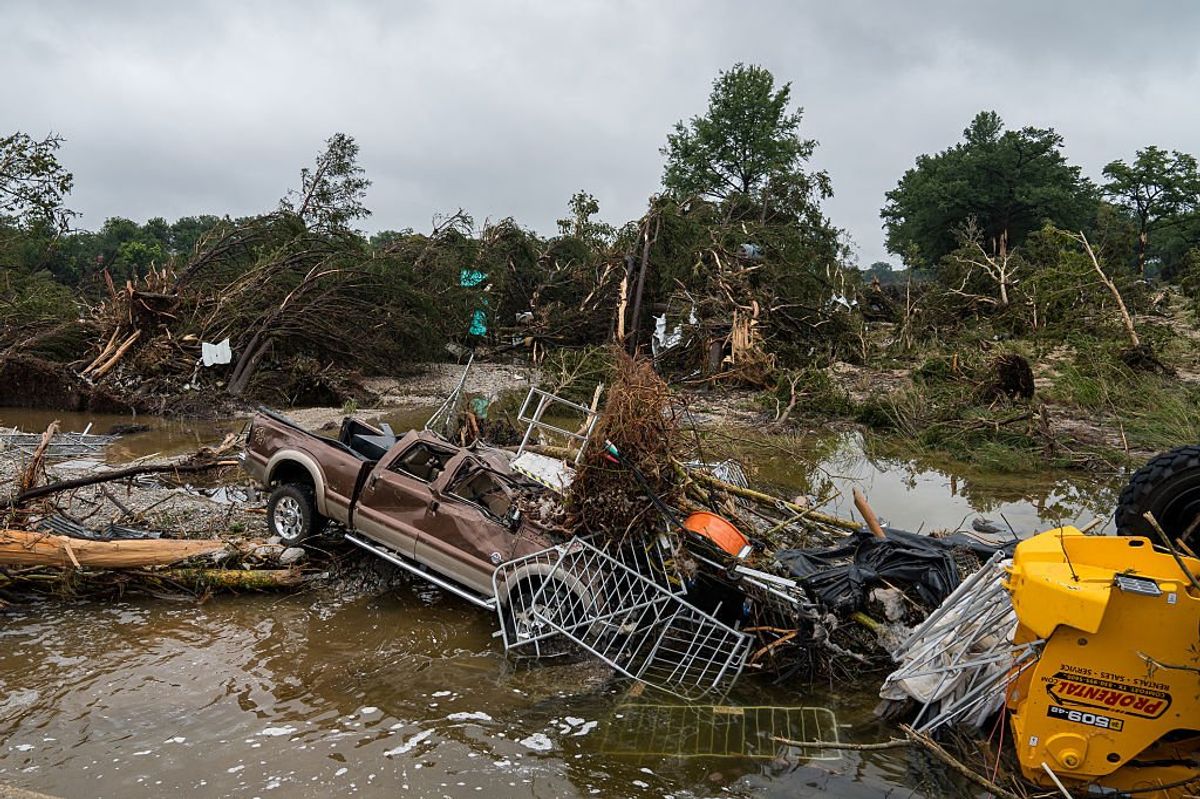

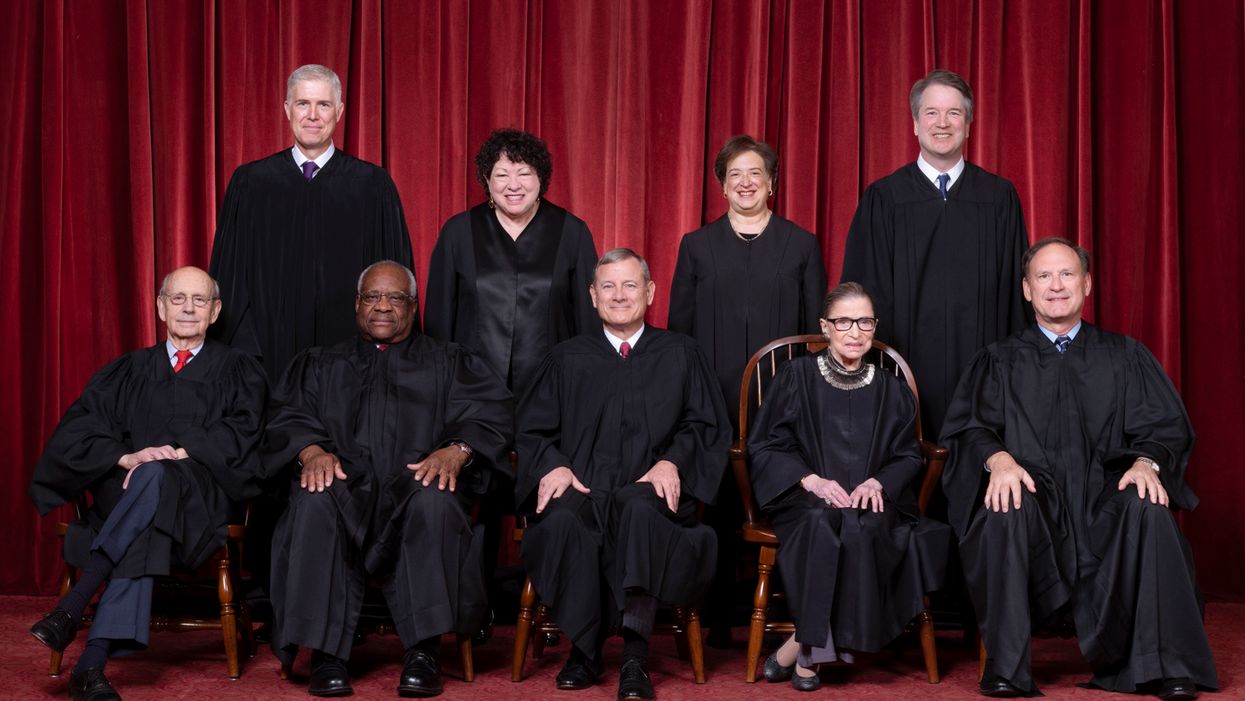




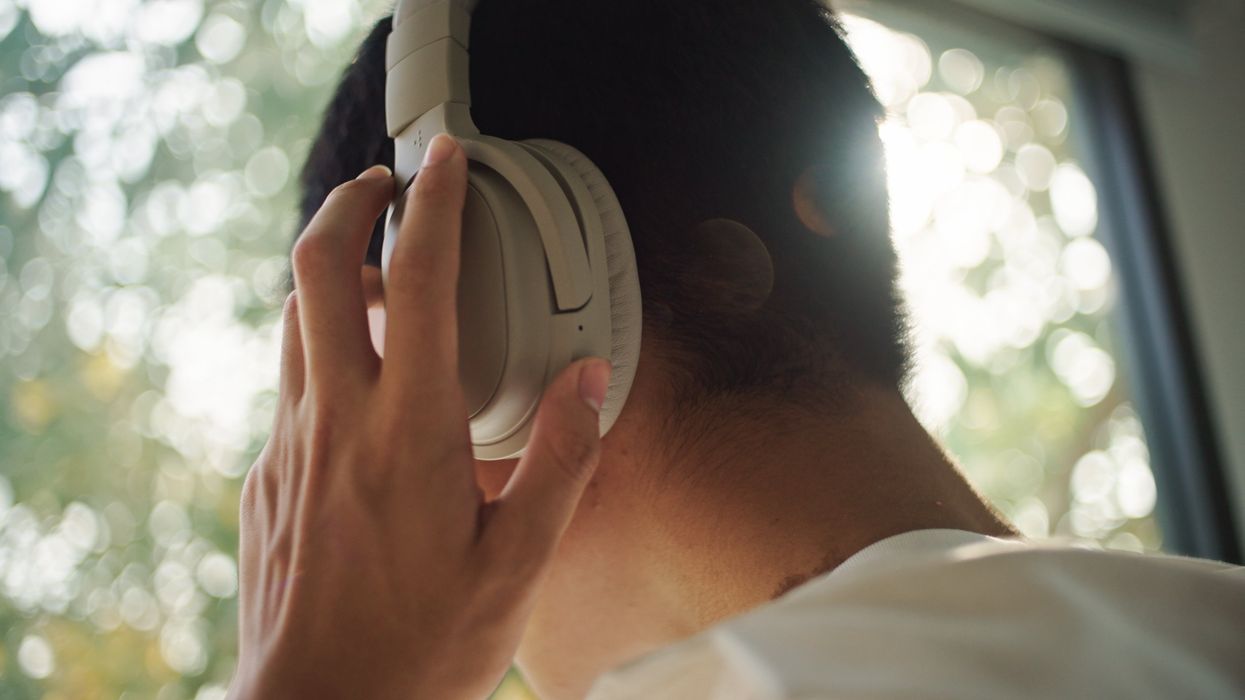


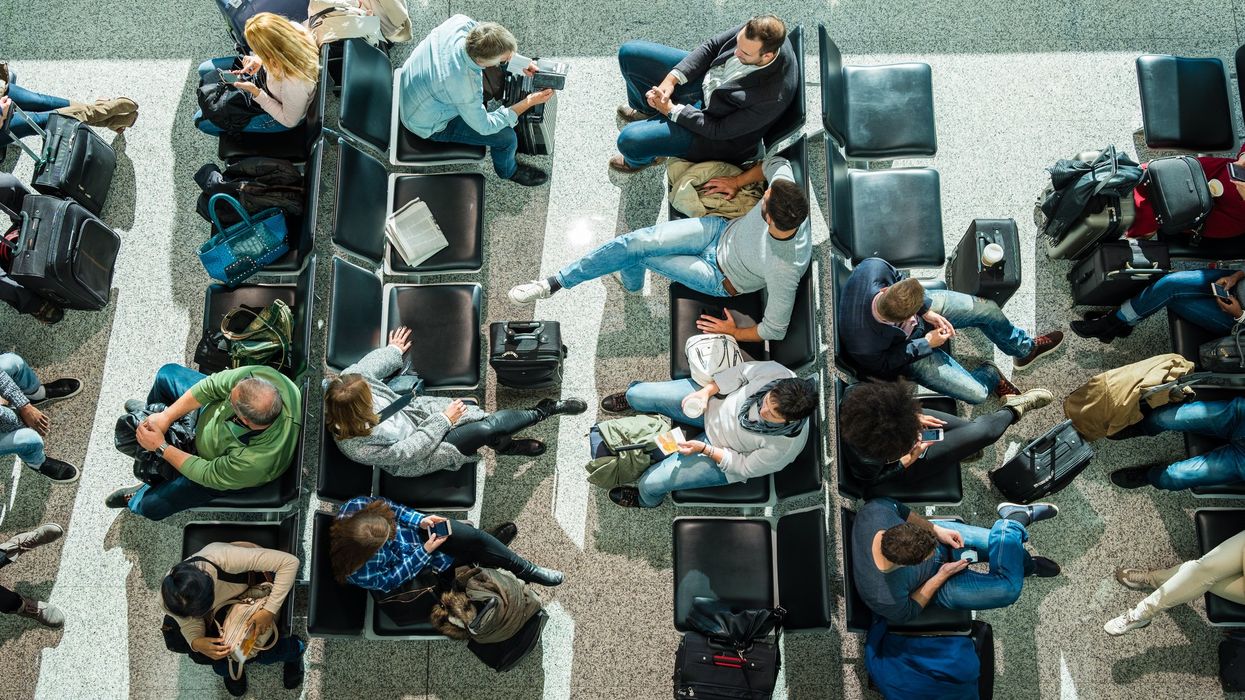


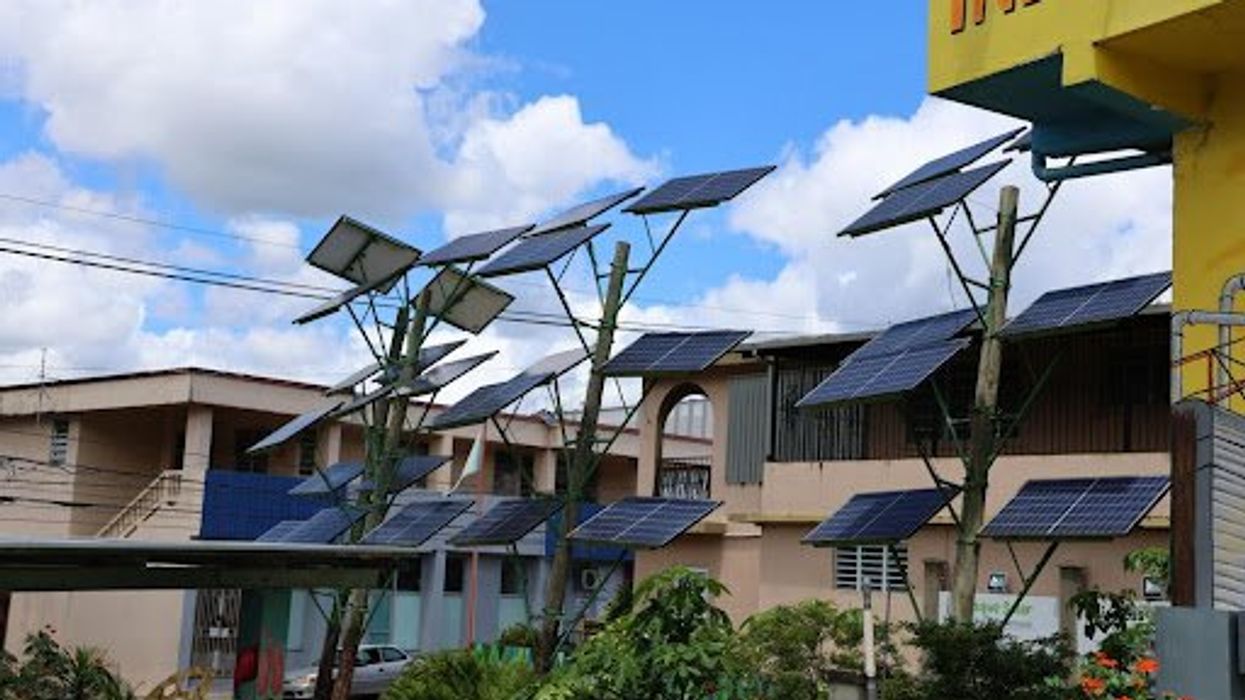

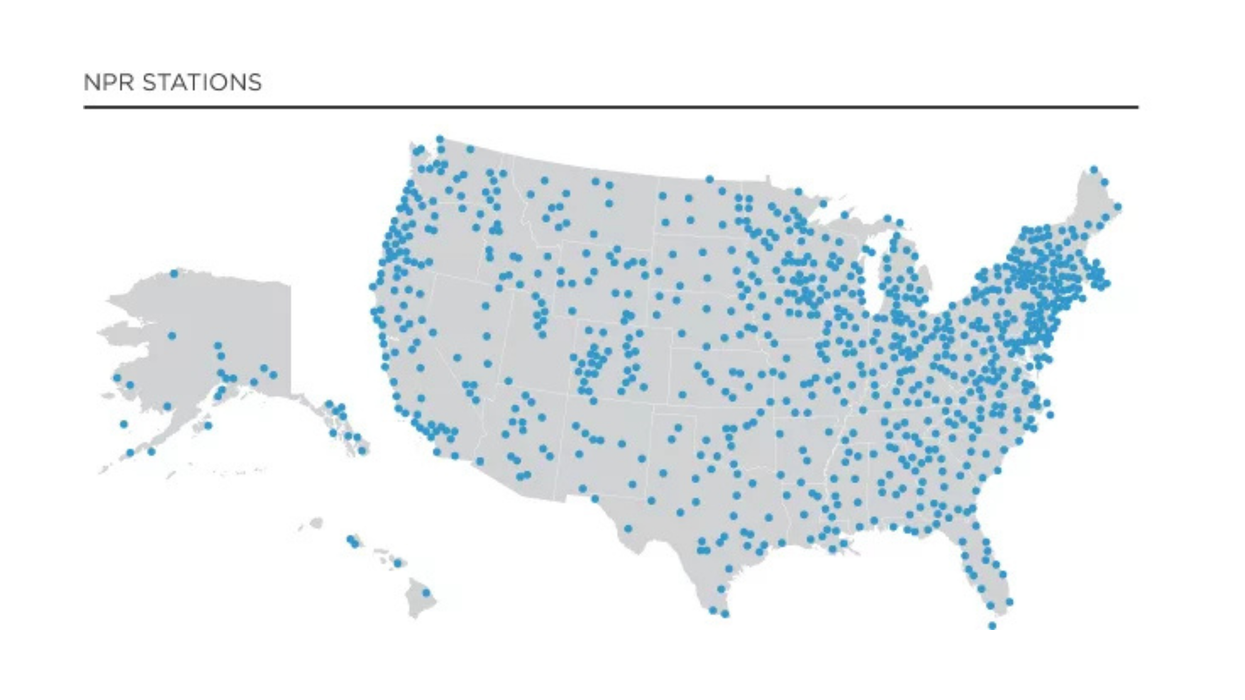
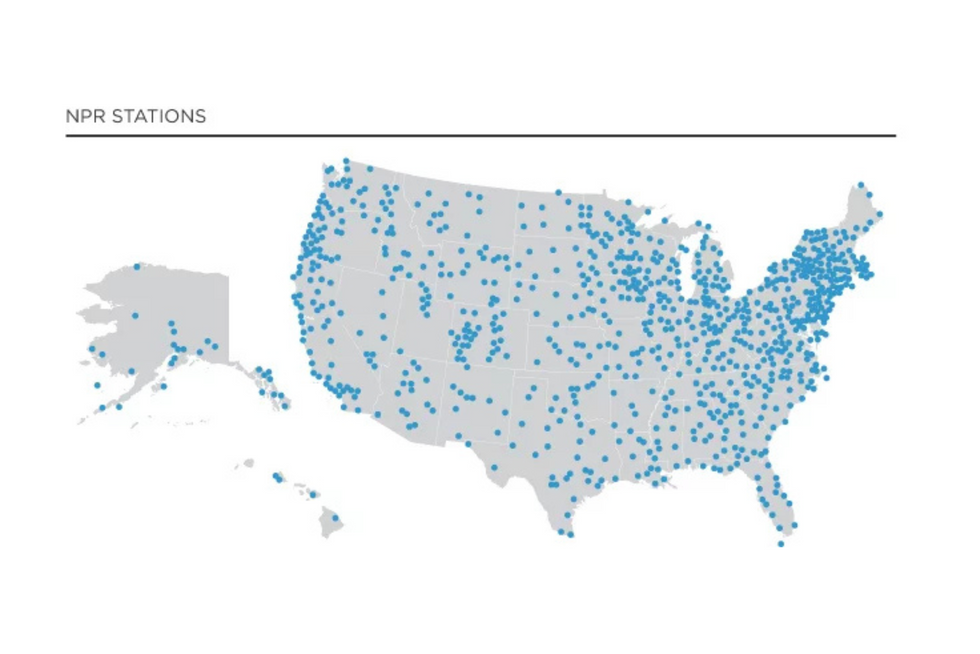 There are over 1000 NPR Member Station signals broadcasting across the United States NPR
There are over 1000 NPR Member Station signals broadcasting across the United States NPR 
